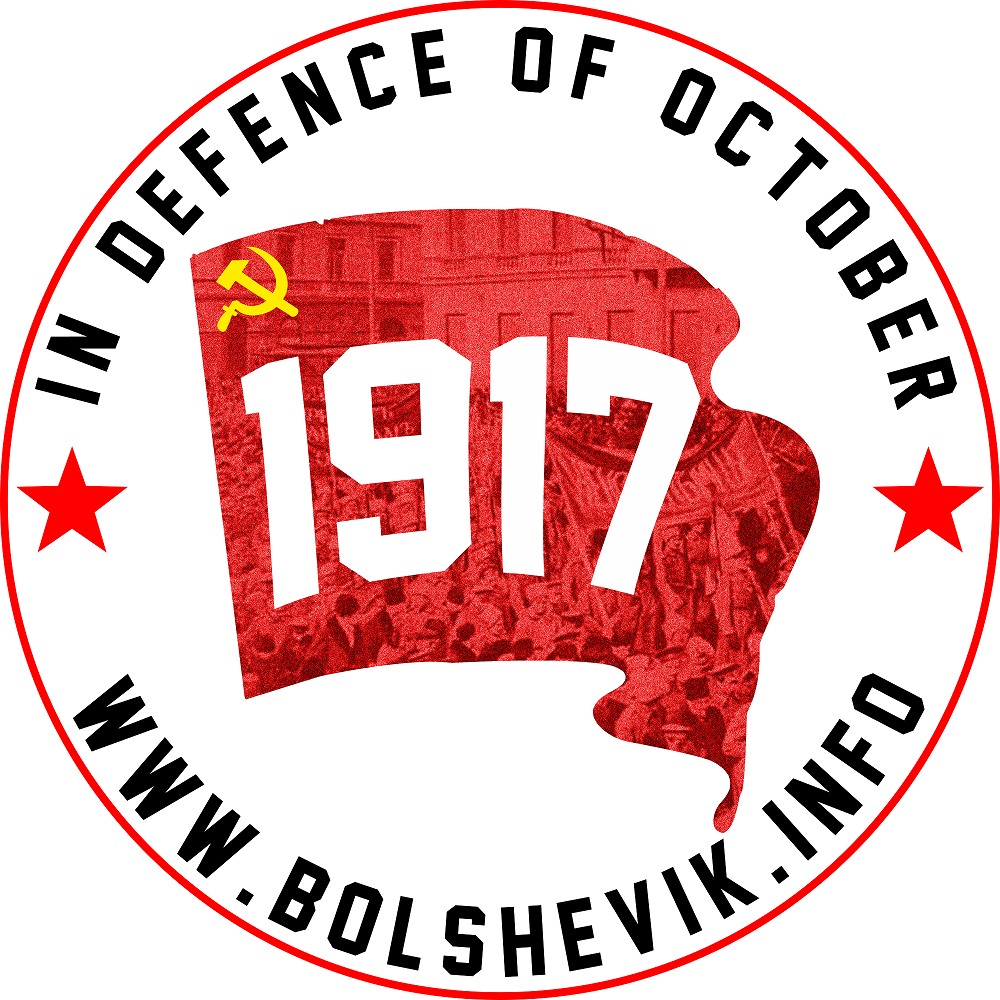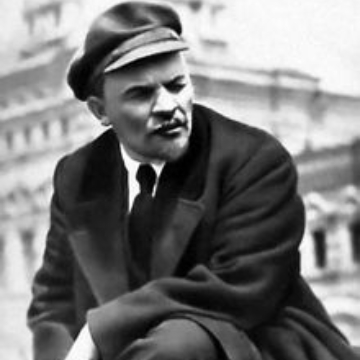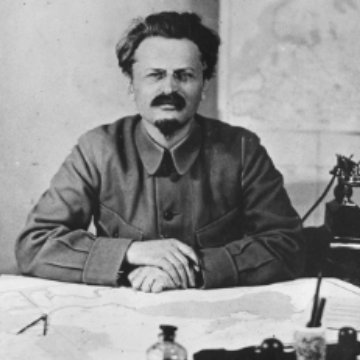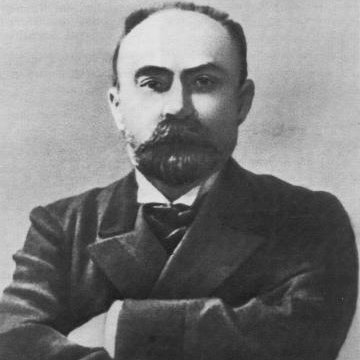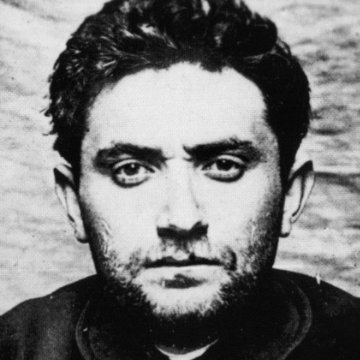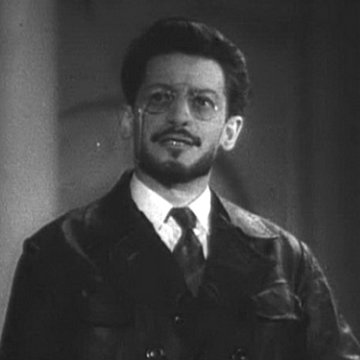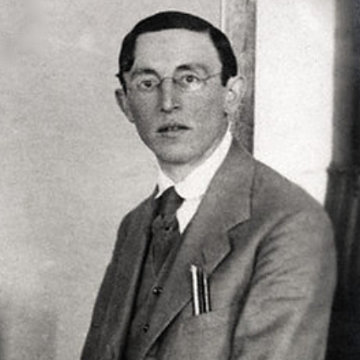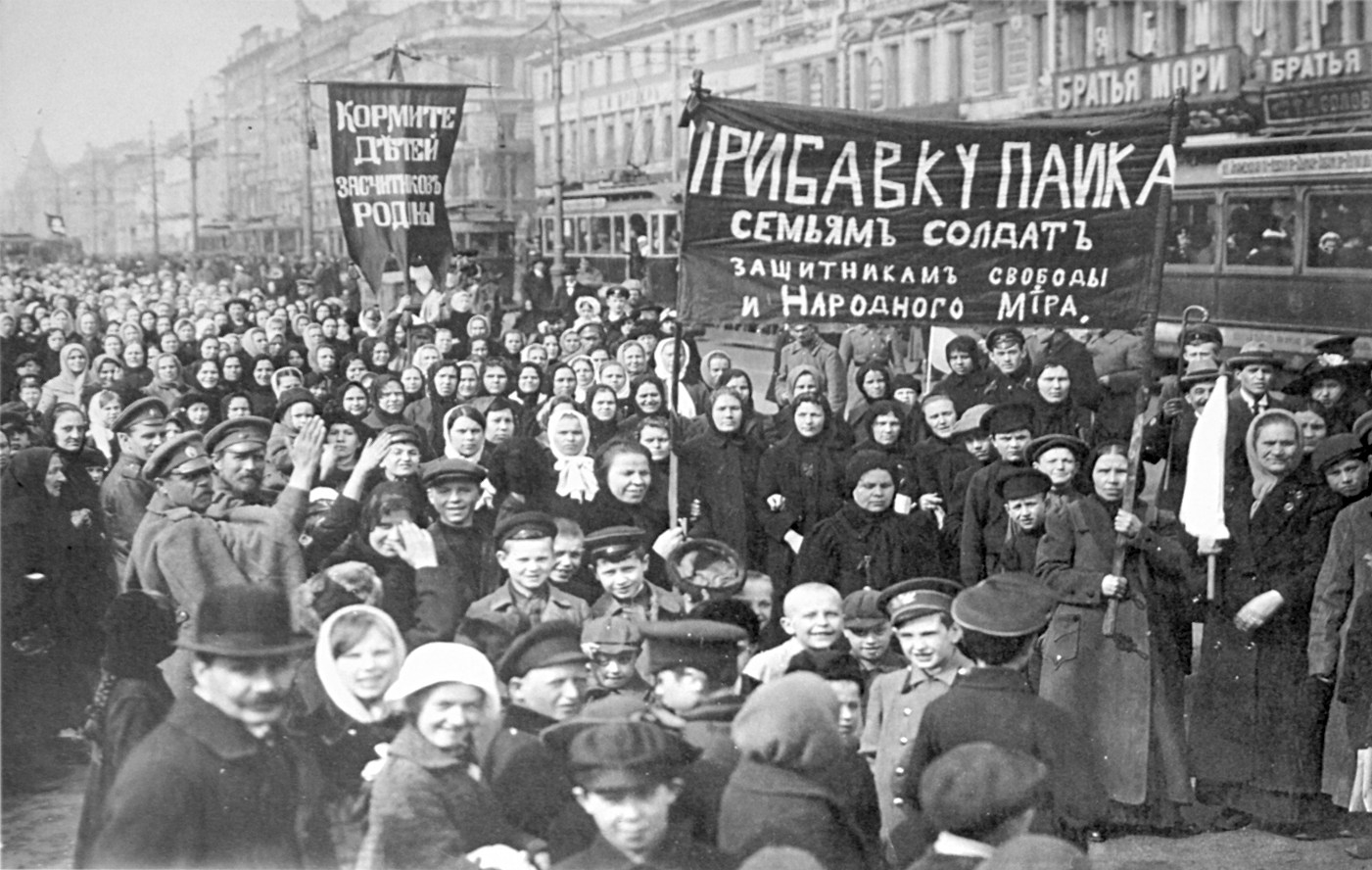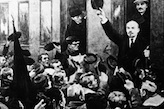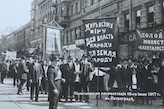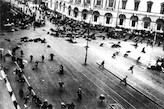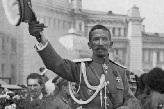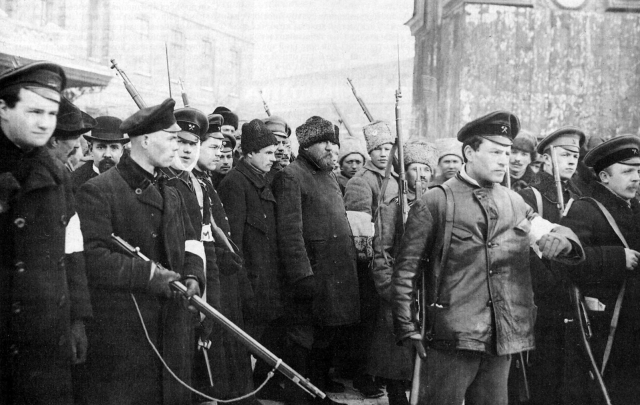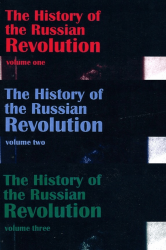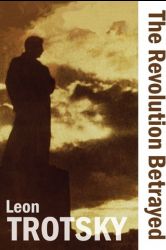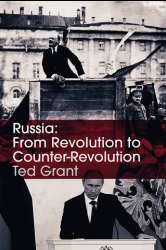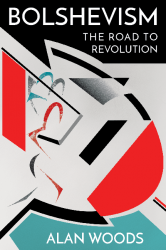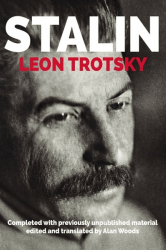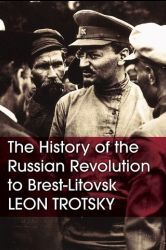"We put our trust in the international solidarity of the working masses, who will surmount every obstacle and barrier in the struggle for socialism."
On behalf of the Council of People’s Commissars Comrade Lenin greeted the army of sailors, assembled in congress, who have proved themselves to be dedicated fighters for the liberation of the working classes.
Lenin went on to analyse the current situation. He said the Kerensky government’s collapse had been inevitable in view of its policy of conciliation, which was not aimed at satisfying the needs of the broad masses, and was based on the principle of safeguarding all the interests of the bourgeoisie, the oppressor class. He continued:
“But alongside the Provisional Government were the Soviets of Workers’ and Soldiers’ Deputies, which were produced by the revolutionary initiative of the insurgent people, and which, as time goes on, are rallying ever wider sections of the working masses. In Russia the people have produced and given support to a truly popular government, something no other European revolution has achieved, and the credit for this accrues to the Soviets alone. The oppressed masses were confronted with a highly difficult task, that of building a new state on their own. You can see how much effort the bourgeoisie has thrown into its resistance to us, how attempts are being made to sabotage our activity, and what a flood of lies and slander is being poured on us in and out of season.
“Accusations of terrorism and violence are being heaped on us, but we take these in our stride. We say we are not anarchists, and are committed to establishing a state. However, the capitalist state has to be smashed and the power of the capitalists destroyed. It is our task to build a new socialist state. We shall be working tirelessly towards that goal, and we shall be neither intimidated nor deterred by any obstacles. Evidence of this is to be seen in the new Government’s first steps. But the transition to a new system is an extremely involved process and requires a firm government to make it easier. Until recently, power has been in the hands of monarchs and the henchmen of the bourgeoisie. All their efforts and policies have served the purpose of coercing the masses. By contrast we say: there must be firm power, coercion is necessary, but we shall direct it against the handful of capitalists, the bourgeois class. We shall always retaliate with coercion against any attempts—hopeless and mad attempts they must be—to resist Soviet power. In every case, responsibility for this will fall upon those who resist.”
Comrade Lenin then discussed the establishment of a state machine which, in the interests of the people, should be free from red tape and should leave a lot of room for the operation of the nation’s creative forces. He went on:
“The bourgeoisie and bourgeois intellectual sections of the population are subverting the people’s power in every possible way. The working masses have no one to look to but themselves. There is no doubt that the great tasks, facing the people are tremendously difficult. But there is need for self-assurance, there is need for all the elements awakened among the people and capable of action to join existing organisations and those that will be set up by the working masses. Divided the masses are helpless; united they are strong. They have gained self-assurance and, refusing to be put out by the bourgeoisie’s badgering, they have set about running the state on their own. Difficulties may crop up at the start, due to inadequate training. But the art of practical government, which has been monopolised by the bourgeoisie, must be mastered. In this respect the Navy has shown itself to be well to the fore, offering a brilliant example of the creative capacity latent in the working masses.”
Comrade Lenin then went on to discuss in detail the major questions of the current situation: land, workers’ policy, the nationalities problem, and peace.
The Second All-Russia Congress of Soviets of Workers’ and Soldiers’ Deputies adopted the Decree on Land, in which the Bolsheviks reproduced the principles stated in the peasant mandates in their entirety. This was a departure from the Social-Democratic programme, for the mandates were drawn up in the spirit of the Socialist-Revolutionaries’ programme, but this was proof that the people’s power had no intention of imposing its will on the people but tried to meet them half-way.
Whatever the solution of the land problem, whatever the programme serving as a basis for the transfer of the land to the peasants, it would in no way hamper the strong alliance of the workers and peasants. The important thing was that if the peasants had pressed for the abolition of landownership for ages, it had to be abolished.
The speaker emphasised the tremendous importance of having a strong alliance of workers and peasants, for the question of land was closely bound up with that of industry, and the agrarian revolution had to go hand in hand with a ploughing up of Capitalist relations.
The onward march of the Russian revolution had shown that the slavish policy of conciliating the landowners and capitalists had been a soap bubble. The will of the majority would be uppermost; it would be carried out by a working people’s alliance, an honest alliance of workers and peasants on the basis of their common interests. Parties came and went, but the working people remained, and the speaker urged dedication to the strengthening of this alliance.
Let the Navy, he said, dedicate itself to keeping this alliance as the foundation of state affairs; if it remained sound, nothing could frustrate the cause of transition to socialism.
Turning to the nationalities question, Lenin said, we should take note of Russia’s highly patchy national composition, with the Russians making up only about 40 per cent, and the majority consisting of other nationalities. National oppression under the tsars, unmatched in savagery and absurdity, turned the rightless nationalities into great reservoirs of fierce hatred for the monarchs. It was not surprising that all Russians had been included in their hatred for those who went to the extent of prohibiting the use of the mother tongue, and doomed masses of people to illiteracy. It was assumed that the privileged Russians would try to retain the advantages which had been so assiduously preserved for them by Nicholas II and Kerensky.
“We are told that Russia will disintegrate and split up into separate republics but we have no reason to fear this. We have nothing to fear, whatever the number of independent republics. The important thing for us is not where the state border runs, but whether or not the working people of all nations remain allied in their struggle against the bourgeoisie, irrespective of nationality.(Stormy applause.)
“If the Finnish bourgeoisie are buying arms from the Germans in order to use them against their workers, we offer the latter an alliance with the Russian working people. Let the bourgeoisie start their filthy petty squabbles and their trading over frontiers, the workers of all countries and nationalities will not fall out over that sort of thing. (Stormy applause.)
“We are now ’conquering’ Finland—this is using a nasty word—but not the way the robber barons of international capitalism conquered it. We are winning Finland over by giving her complete freedom to live in alliance with us or with others, guaranteeing full support for the working people of all nationalities against the bourgeoisie of all countries. It is not an alliance based on treaties, but on the solidarity of the exploited against the exploiters.
“We now see a national movement in the Ukraine and we say that we stand unconditionally for the Ukrainian people’s complete and unlimited freedom. We have to wipe out that old bloodstained and dirty past when the Russia of the capitalist oppressors acted as the executioner of other peoples. We are determined to wipe out that past, and leave no trace of it. (Stormy applause.)
“We are going to tell the Ukrainians that as Ukrainians they can go ahead and arrange their life as they see fit. But we are going to stretch out a fraternal hand to the Ukrainian workers and tell them that together with them we are going to fight against their bourgeoisie and ours. Only a socialist alliance of the working people of all countries can remove all ground for national persecution and strife. (Stormy applause.)
“I shall now touch on the question of war. We have started a resolute struggle against the war brought on by the clash of robbers over their spoils. Until now all parties have spoken of this struggle but have not gone beyond words and hypocrisy. Now the struggle for peace is on. It is a difficult struggle. It is highly naive to think that peace can be easily attained, and that the bourgeoisie will hand it -to us on a platter as soon as we mention it. Those who ascribed this view to the Bolsheviks were cheating. The capitalists are embroiled in a life and death struggle over the share-out of the booty. One thing is clear: to kill war is to defeat capital and Soviet power has started the struggle to that end. We have published and will continue to publish secret treaties. We are not going to be deterred in this by anyone’s anger or slander. The bourgeois gentlemen are beside themselves because the people see why they have been driven to the slaughter. They threaten Russia with the prospect of another war, in which she will find herself isolated. But we are not going to be deterred by the bourgeoisie’s fierce hatred for us and for our peace movement. It will be quite futile for them to try to incite the peoples against each other in this fourth year of the war. They are sure to fail. It is not only in this country, but in all the belligerent countries that the struggle against the imperialist government at home is welling up. There has been an open mutiny in the navy even in Germany, which the imperialists tried for decades to turn into an armed camp with the entire government machine geared to stamping out the slightest sign of popular discontent. To understand the significance of this mutiny, one has to be aware that police reprisals in Germany are unparalleled. But revolution is not made to order; it results from an outburst of mass indignation. Whereas it was quite easy to drive out a band of nitwits, like Romanov and Rasputin,’31 it is immensely more difficult to fight against the organised and strong clique of German imperialists, both crowned and uncrowned. But we can and have to work hand in hand with the revolutionary class of working people in all countries. That is the path the Soviet Government has taken by making public the secret treaties and showing that the rulers of all countries are brigands. That is not propaganda by word but by deed.—(Stormy applause.)
In conclusion the speaker dealt with the question of the peace talks and said:
“When the Germans gave an evasive reply to our demand not to transfer any troops to the Western and Italian fronts, we broke off the talks and shall resume them in a little while. And when we do tell this to the world, no German worker will remain ignorant of the fact that the peace talks had been broken off through no fault of ours. In the hypothetical case of the German working class siding with their government of imperialist plunderers and confronting us with the need to continue the war, the Russian people—who have always shed blood without a murmur, and have done the will of an oppressive government when quite ignorant of its aims and purposes—will undoubtedly throw their weight into the struggle with so much more courage and vigour when it came to fighting for socialism and freedom threatened with the bayonets of the world bourgeoisie. But we put our trust in the international solidarity of the working masses, who will surmount every obstacle and barrier in the struggle for socialism.— (Stormy applause.)
Footnotes
[1] The First All-Russia Congress of tire Navy was held at Petrograd from November 18 to 25 (December 1 to 8), 1917. On its agenda were the following items: the current situation arid the question of power; the activity of the Central Committee of the Navy; reforms in the Navy Department, etc. It was addressed by Lenin, who spoke on tire current situation. It discussed the activity of Tsentroflot which had betrayed its electors, and endorsed the activity of the Revolutionary Naval Committee which had dissolved Tsentroflot. It approved the organisational scheme for the administration of the Navy Department. and elected 20 men to the All-Russia Central Executive Committee of the Soviets of Workers', Soldiers' and Peasants' Deputies. The Congress sent a message of greetings to the Council of People's Commissars and an appeal to the whole of Russia.
Source: Marxist Internet Archive.

